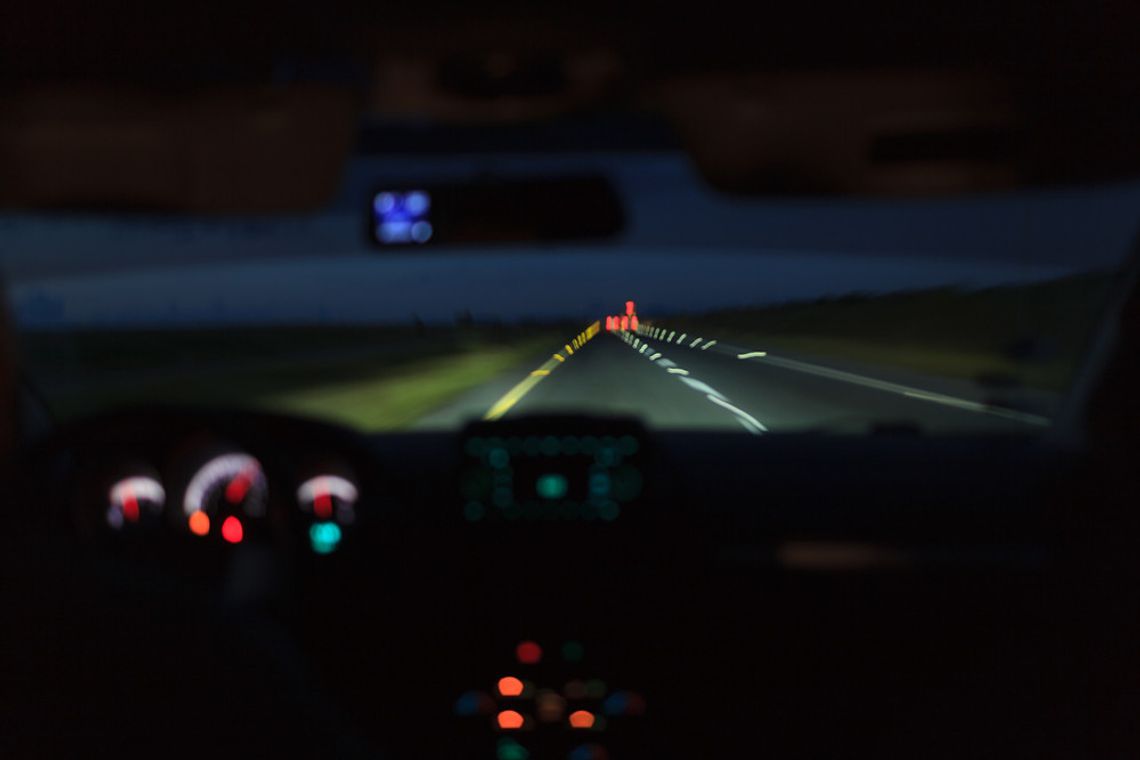Drowsy driving has become so common that a national Drowsy Driving Prevention Week is instituted every November to create awareness. The National Sleep Foundation estimates that 60% of American adult drivers will say they've gotten behind the wheel when drowsy, and do that a lot.
Approximately 20% of Americans say they actually have fallen asleep behind the wheel in the past year alone. Worse, 40% of Americans have fallen asleep once during their driving career. It's a kind of impaired driving that misses the national news. Learn more about drowsy driving, the impact it has on the road, and what to do about it.
What Is Drowsy Driving?
Drowsy driving is driving while drowsy, and some experts say that it is very difficult to avoid. It is defined as being tired or sleepy when driving and occurs when someone is too fatigued to drive. Many Americans that take sleeping pills may struggle with drowsy driving if they haven't had enough sleep between the pills and when they get on the road. This is just one of many causes of drowsy driving.
Drowsy driving usually occurs when a person hasn't had enough sleep. It can also occur when after alcohol, prescription medication, or drugs. If there wasn't enough time for the medication or alcohol to clear out of the system, you could fall asleep at the wheel.
There are a number of warning signs of drowsy driving.:
- Yawning or blinking when driving
- Missing an exit
- Drifting on the road, veering into another lane
- Forgetting how many miles you've just driven
- Tired or droopy eyes
- Following closely
- Unable to maintain proper speed
Is Drowsy Driving Really Dangerous?
There are approximately 1.25 million people that die in road crashes every year. Some of that is the result of drowsy driving, which happens more than we know. We know 20% of Americans have done it in the past year, and one out of 25 adults have in the last 30 days. The impact is deadly.
The National Highway Traffic Safety Administration estimates that drowsy driving was responsible for 83,000 crashes, 37,000 injuries, and 886 fatalities between 2005 and 2009. It is a problem that kills people every year.
There are different levels of drowsy driving, just as there are different levels of sleep. All are dangerous. One kind is referred to as the "microsleep" which is when a driver falls asleep for a second or two while behind the wheel. It takes less than that to be in a collision.
Driving while drowsy is dangerous at any level, which is why many professions where driving is involved stipulate a required amount of sleep before operating machinery. The truck driving industry has regulations, as does the airline industry. Drowsy driving is a form of impairment that leads to disaster and fatalities. There are ways to prevent it.
How Can Drowsy Driving Be Prevented?
Drowsy driving usually happens unintentionally. We lead busy lives that are non-stop, and our minds are always on the go. It's routine to get up in the morning, get the day going, and get in the car. Americans drink on average 3.2 cups of coffee daily. It's not unusual to think that after that much caffeine in the morning, we are fine enough to hop in the car.
Anybody can do this without taking a minute to think about whether they might still be inebriated from the night before, or hanging from sleeping pills. More awareness about our sleep patterns and what leads to drowsy driving can prevent drowsy driving. There are a number of other things that can be done as well that involve simple lifestyle changes.
Taking naps that are shorter than 30 minutes can be a refreshing break in the day, and also reduce grogginess when you wake up. A longer sleep may be detrimental to your alert levels. Make sure you get enough sleep at night and avoid those naps completely. Even seven hours is enough.
Most importantly, just make sure you are getting sleep, and mindful of what you are taking. As always, avoid driving for several hours after you have consumed anything that could interfere with your sleep patterns or brain chemistry.
Avoid Drowsy Driving
Drowsy driving is fatal. Be proactive when you prevent drowsy driving. Make a point of putting more awareness into your lifestyle, so that you know when you can and can't drive. If you can't drive, that's okay. Get a ride, Uber, or get more sleep until you can drive again.


Comment
Comments